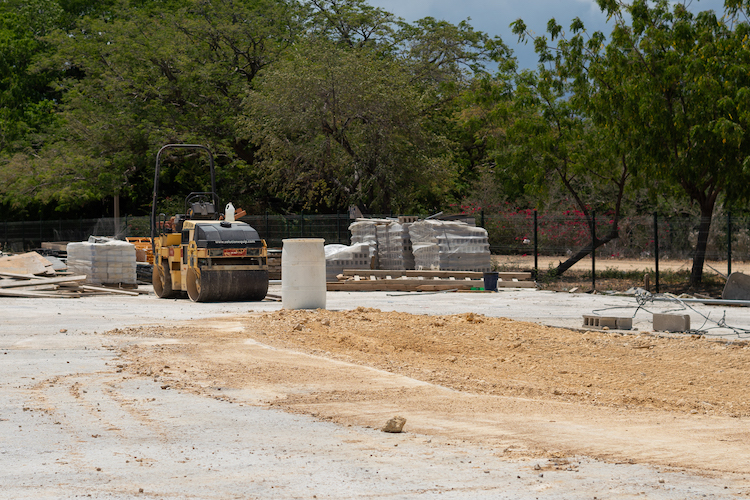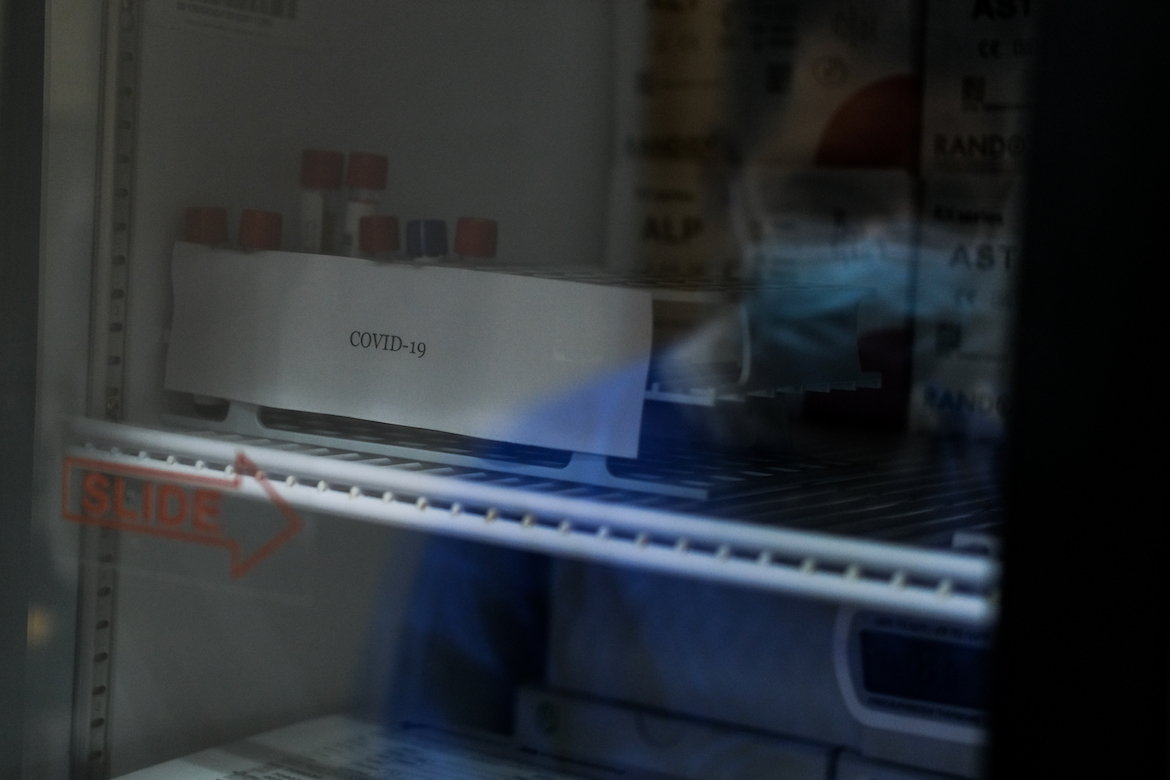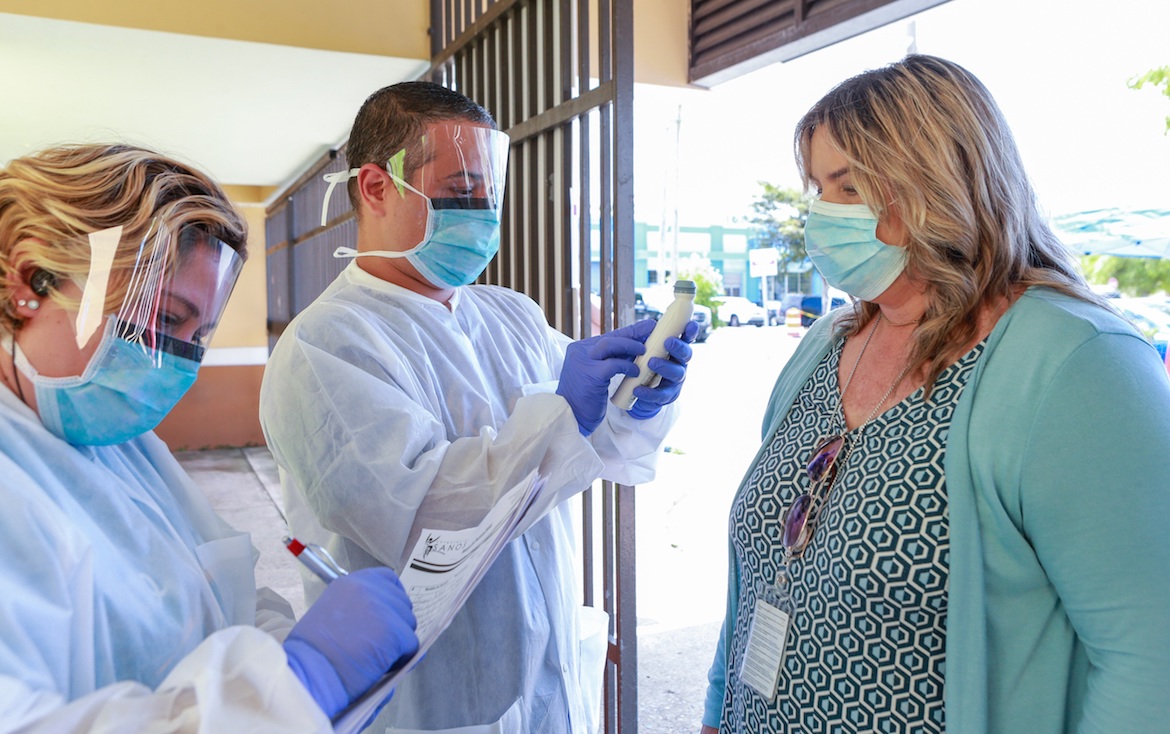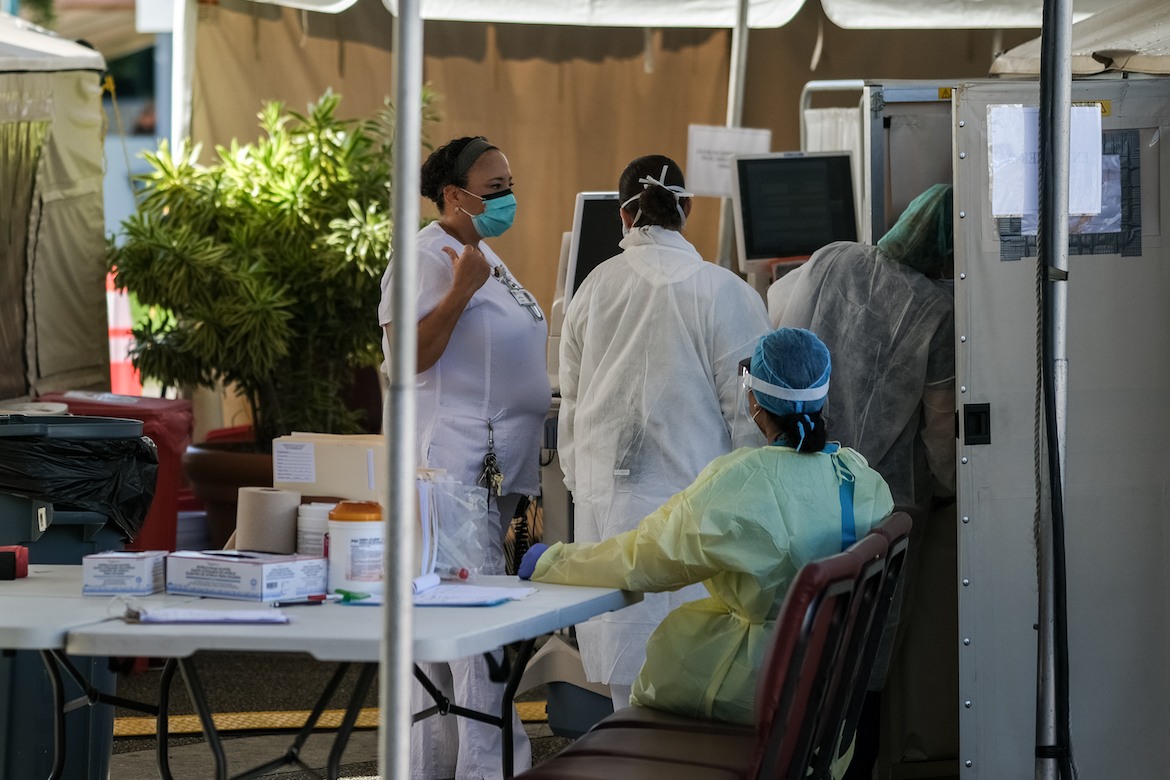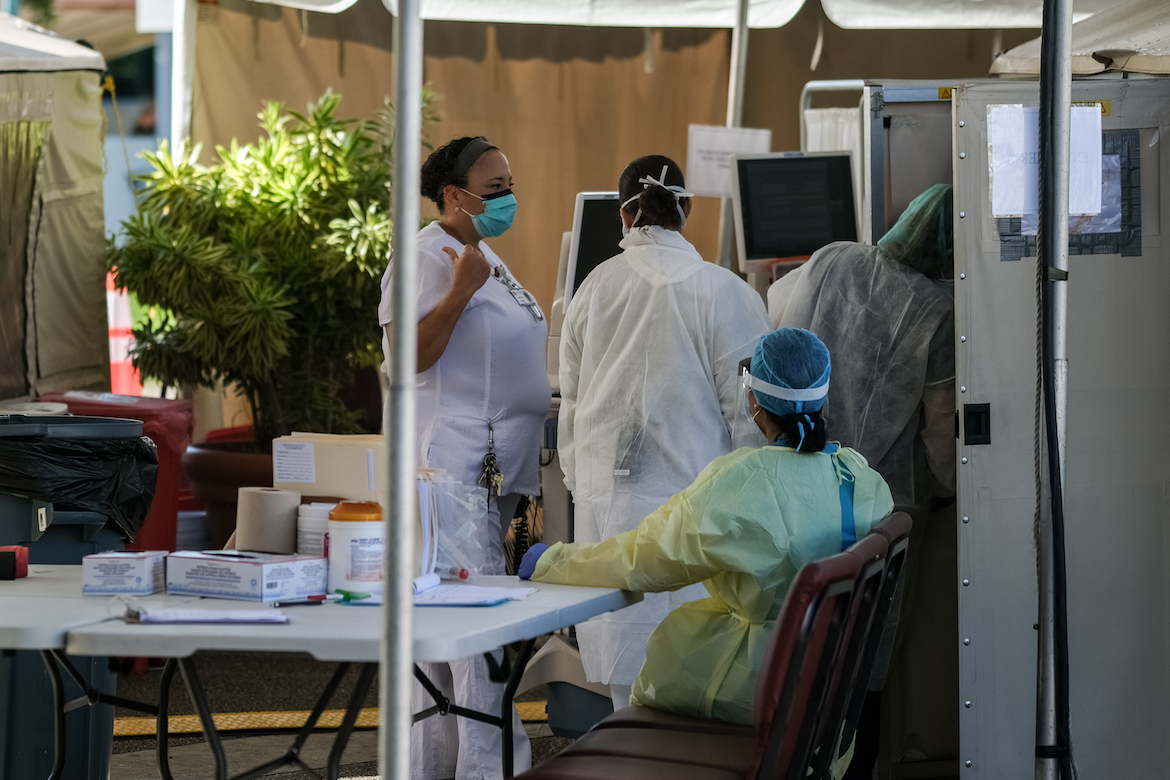English
Recurrent Trauma: The effects of Climate Change on Mental Health in Puerto Rico
|
Rafael Negrón Santos did not lose his home or his job after Hurricane María, but the storm was the end of his relationship with his partner. The struggle to survive in the days and weeks that followed, coupled with the despair caused by life without electricity, the frustration at the number of deaths that the government refused to acknowledge, and the time he devoted to taking care of his mother’s needs, weakened communication with his partner. One day he came home, and she was gone. The number of stress factors he faced took a toll on his mental health. In the months that followed, he lost his appetite, lost nearly 40 pounds, and had panic attacks.




